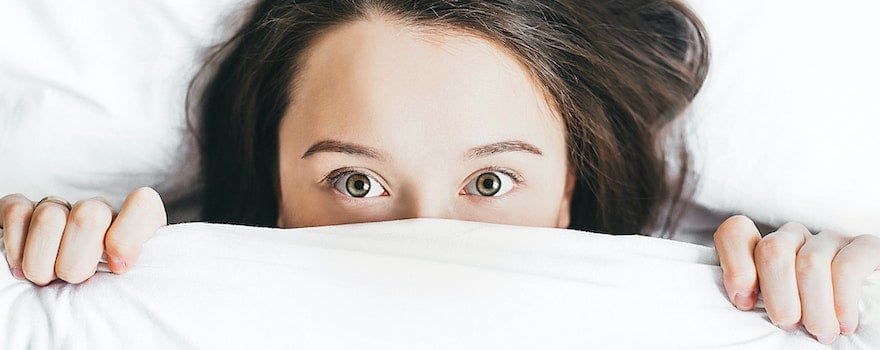What is magnesium?
Magnesium is a mineral salt naturally present in the body and in abundant quantities. However, its reserves are quickly depleted and must be replenished through diet.
Essential for various biological functions, it notably contributes to mental well-being by reducing stress and anxiety.
It also regulates certain neurotransmitters such as dopamine (the pleasure hormone) and serotonin (the happiness hormone).
Moreover, thanks to its sedative and calming effect on the nervous system, it can help alleviate sleep disorders.
It is useful in cases of difficulty falling asleep or insomnia.
Read also | How to choose the best magnesium?
Finally, magnesium has a positive effect on muscles. It is a muscle regulator that prevents cramps and spasms.
What is sleep apnea?
A breathing disorder
Sleep apnea is also known as “obstructive sleep apnea-hypopnea syndrome” or OSAHS. According to INSERM (French National Institute of Health and Medical Research), it affects 30% of people over the age of 65.
It is characterized by involuntary breathing pauses during sleep. These are generally short (about 10 seconds) but occur repeatedly throughout the night. Apnea is also accompanied by more or less loud snoring.
This disorder disrupts the sleep cycle. When the breathing pause is too long (more than 30 seconds), the brain lacks oxygen. It then sends a signal to quickly wake you up and restore breathing.
The awakening is sudden with a strong sensation of suffocation. These repeated episodes of “micro-awakenings” ultimately degrade the quality of sleep.
Sleep apnea also impacts a person’s quality of life during the day. It leads to fatigue, drowsiness, headaches, concentration difficulties, and irritability.
What causes it?
Normally, the throat muscles contract to keep the pharynx open during the night. In sleep apnea, the breathing pause occurs when these muscles relax.
This then causes a narrowing or even an obstruction of the pharynx that prevents air from circulating freely. This results in difficulty breathing, a decrease in respiratory flow (hypopnea), and then apnea.
During micro-awakenings, the muscles of the pharynx contract to allow air to pass again.

Does magnesium affect sleep apnea?
No direct effect on sleep apnea
To date, there is no study showing a direct link between magnesium intake and the improvement of sleep apnea.
However, people with sleep apnea have been observed to have magnesium deficiencies, as noted in this article.
It reduces stress and improves sleep quality
Stress and anxiety are often symptoms of sleep apnea. They are fueled by a disrupted sleep cycle and physical and mental fatigue during the day. This creates a vicious cycle: sleep apnea causes stress, which in turn affects sleep.
Read also | Sleep: the 8 foods that help you sleep well
As shown in this study, magnesium acts as a natural anti-stress. It calms mental agitation and balances emotions.
Moreover, it enhances the action of GABA (Gamma-aminobutyric acid), a neurotransmitter that promotes relaxation.
It can therefore be particularly beneficial in cases of sleep apnea to regain quality and restorative sleep.



